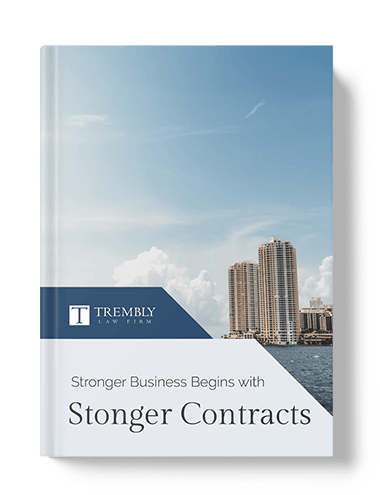Your business needs an operating agreement. But what should your operating agreement define? Below are several essential issues that must be addressed in your agreement:
Ownership division. Is the percentage of ownership of the business based on financial contributions or other factors? And is this percentage of ownership directly reflected in the pay each partner receives and in the percentage of management influence—as indicated by each member’s percentage interest in the company, for instance.
How much does everyone get paid, when, and in what form? How are losses going to be handled? Will partners get paid in the form of cash distributions or company shares? Pay can be a complex taxation issue for both the partners and the business. This aspect of the operating agreement benefits from the input of an accountant or a lawyer.
How is the business managed? Who is responsible for which elements of the operation? Who has final decision making power for the various elements of the business?
What happens when there’s an event that fundamentally changes the structure of the company—a death, or a partner who wants to sell his share? And what happens in the event of dissolution of the LLC? An operating agreement is most effective when it takes into account most of the eventualities that might arise, especially those that are a threat to the company. When there’s a plan in place, disasters will be much easier for the company to recover from.
Your business needs an operating agreement. I could tell you story after story about messy legal disputes that could have been completely avoided if the business had invested the time to create an operating agreement early in the process. If you don’t have an operating agreement, you need one. If you have an operating agreement but it’s old and doesn’t reflect your current circumstances, you need to update it. If you’d like assistance with this process, I’d be glad to assist. Please contact us today to learn more!

















